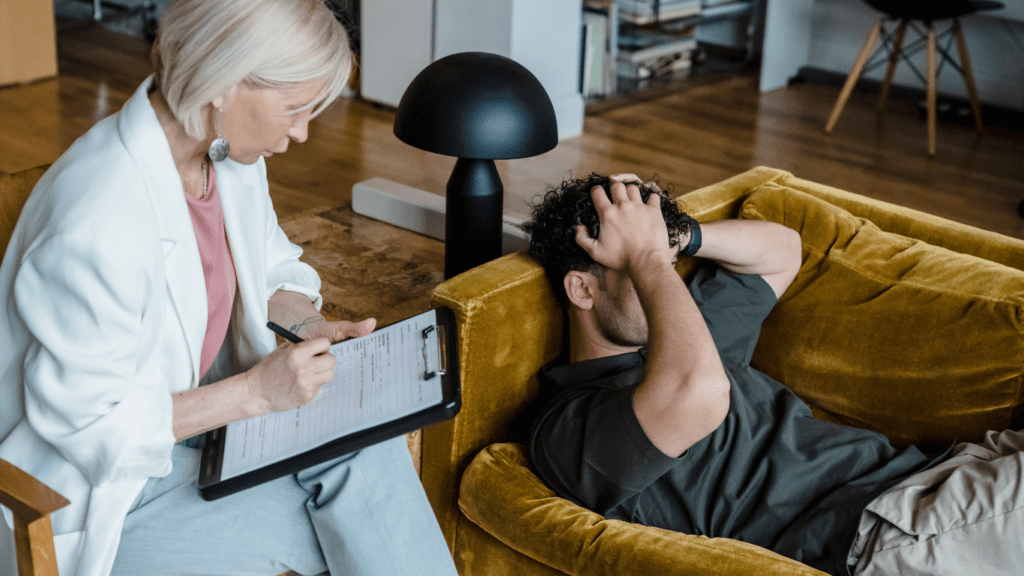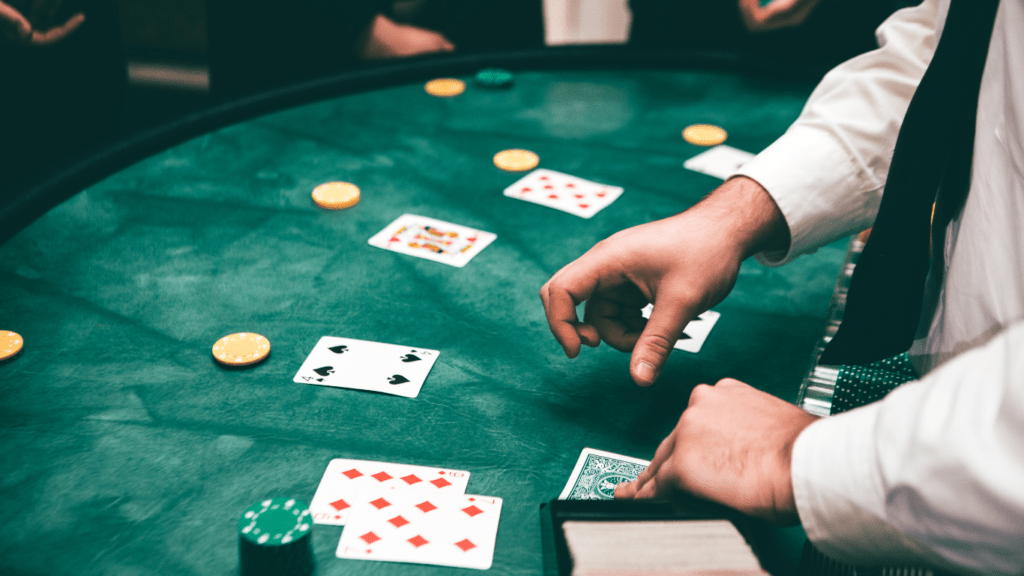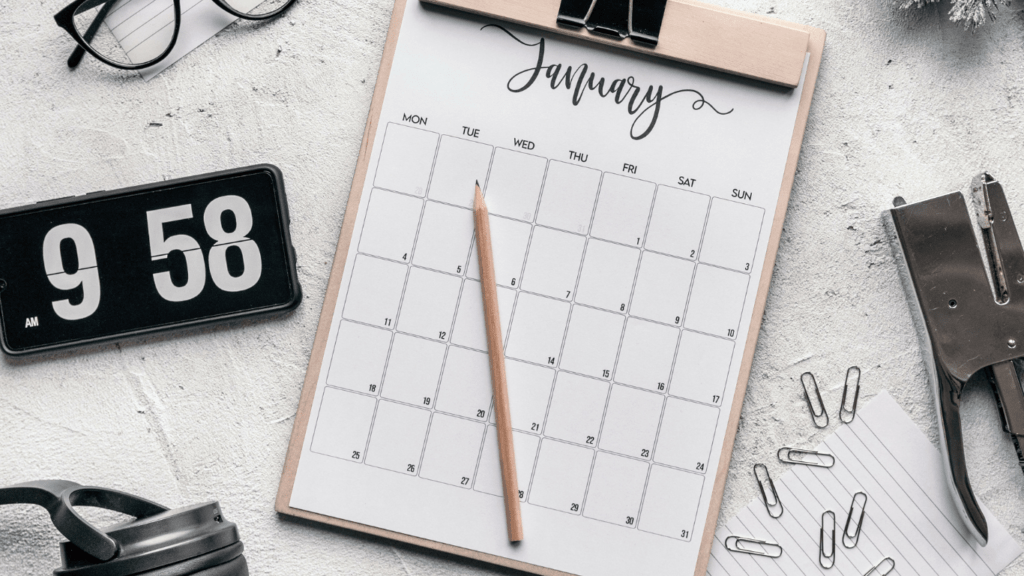Gambling can start as a fun escape but can quickly spiral into a serious problem. I’ve seen firsthand how it can affect not just the gambler but their loved ones as well. If you or someone you know is struggling with gambling addiction, it’s crucial to know that support is available.
There are various resources designed to help individuals regain control and find a healthier path. From hotlines to support groups, understanding where to turn for help can make all the difference.
In this article, I’ll explore the options available for problem gamblers and how these resources can provide the support needed to overcome this challenge.
Understanding Problem Gambling
Problem gambling refers to an uncontrollable urge to gamble despite negative consequences. Recognizing its signs and understanding the causes can aid in identifying those in need of support.
Definition and Signs
Problem gambling, often termed gambling addiction or pathological gambling, encompasses various behaviors. Signs include:
- Preoccupation: Constantly thinking about gambling or planning the next bet.
- Increased Tolerance: Needing to gamble larger amounts to achieve the same thrill.
- Withdrawal Symptoms: Feeling restless or irritable when trying to cut back.
- Loss of Control: Inability to stop gambling despite repeated attempts.
- Chasing Losses: Continuously gambling to recover lost money, leading to further losses.
- Impact on Relationships: Strain or conflict with family and friends due to gambling behaviors.
Common Causes
Multiple factors contribute to problem gambling, often interplaying to intensify the addiction. Common causes include:
- Genetics: Family history of gambling problems increases risk.
- Psychological Factors: Conditions like anxiety or depression may drive individuals to gamble for relief.
- Social Environment: Exposure to gambling in friends or family can normalize the behavior.
- Economic Factors: Financial issues may lead to gambling as a perceived quick solution.
- Stressful Life Events: Major life changes or trauma can trigger coping through gambling.
Understanding these definitions and causes is essential for recognizing the need for help and available resources.
Available Support Services
Various support services exist for problem gamblers. These resources offer help and guidance for those in need.
National Hotlines
National hotlines provide immediate support for problem gamblers. The National Council on Problem Gambling (NCPG) operates a 24/7 confidential helpline at 1-800-522-4700, connecting individuals to trained counselors.
A caller can obtain information on local resources, support groups, and treatment options. Additionally, the Gamblers Anonymous (GA) helpline at 1-855-222-5542 offers access to peer support. These hotlines serve as crucial first steps for anyone facing gambling addiction.
Local Resources
Local resources enhance support for problem gamblers through community-focused services. Many states offer counseling services tailored to gambling addiction, which can be found through state gambling commissions or health departments.
I can explore community support groups like Gamblers Anonymous, which facilitate face-to-face meetings with peers facing similar struggles. Moreover, therapy from licensed professionals specializing in gambling addiction may be available in nearby clinics. These local offerings provide valuable, accessible options for those seeking assistance.
Professional Help Options
Several professional help options exist for problem gamblers seeking support. These resources can provide guidance and strategies to manage gambling behaviors effectively.
Therapy and Counseling
Therapy and counseling offer personalized support through trained professionals. Cognitive Behavioral Therapy (CBT) focuses on changing negative thinking patterns and behaviors related to gambling.
Individual therapy sessions allow for deep exploration of underlying issues, while family therapy can address the impact of gambling on relationships. Licensed addiction counselors specialize in gambling addiction and can create tailored treatment plans.
Availability of therapy options may vary by location, with many services accessible through local mental health organizations and clinics.
Support Groups
Support groups provide a vital network of understanding individuals facing similar challenges. Gamblers Anonymous (GA) is one of the most recognized groups, offering regular meetings where members share experiences and coping strategies.
These groups foster a sense of community and accountability, essential in recovery. Local support groups, often affiliated with national organizations, can be found in most areas. Participation is generally free, and many groups welcome family members to attend sessions designed to support those affected by a loved one’s gambling addiction.
Online Resources
Accessing online resources can provide significant support for individuals grappling with problem gambling. Various websites, forums, and mobile apps offer valuable information and community assistance.
Websites and Forums
Numerous websites serve as crucial resources for problem gamblers. Sites like National Council on Problem Gambling (NCPG) offer comprehensive information on gambling addiction, including treatment options and self-help strategies.
The Gamblers Anonymous (GA) website provides meeting information and personal stories of recovery. Online forums such as Reddit’s r/problemgambling foster community support, allowing individuals to share experiences, seek advice, and connect with others facing similar challenges.
These platforms create an environment where users can access insights, share their journeys, and receive support without judgment.
Mobile Apps
Mobile apps designed for problem gambling can facilitate immediate support and tools for recovery. Apps like Gambling Therapy provide resources, forums, and live support for individuals in need. The Self-Exclusion app assists users in banning themselves from online gambling platforms.
Additionally, the SMART Recovery app offers cognitive-based tools to help users manage their urges. Engaging with these apps can enable individuals to track their gambling behavior, access coping strategies, and connect with others on a similar journey, enhancing their recovery efforts effectively.





